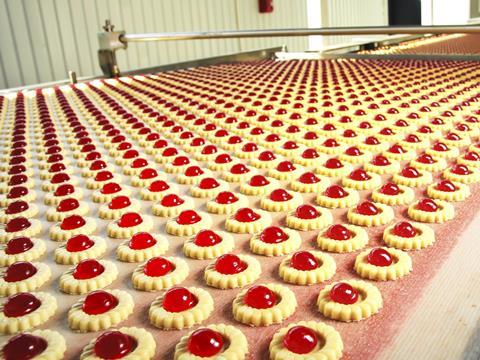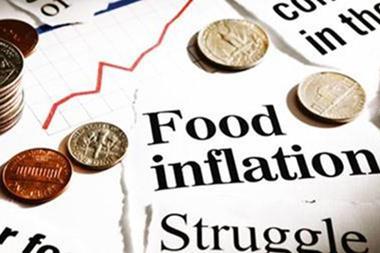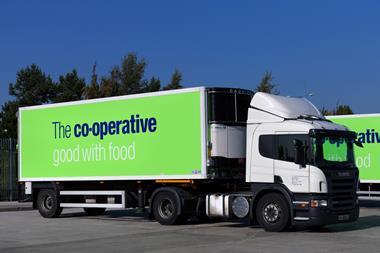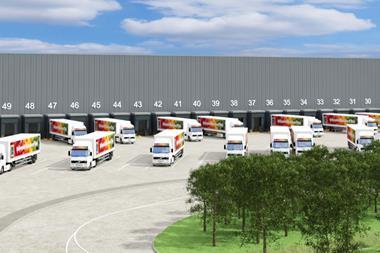
More than a quarter of food and drink manufacturers will be forced to increase prices as a result of the national living wage, according to a report by BDO.
The new law, which raises the legal minimum for workers aged 25 and over to £7.20 from 1 April, would have a “significant” impact on the industry, where average salaries tend to be lower than in other engineering manufacturing sectors, the accountancy and business advisory firm said in its 2016 Food & Drink Report.
It found 26% of manufacturers would need to increase prices for customers to offset the cost of George Osborne’s policy, with almost one in five weighing up a headcount reduction and 32% planning to increase automation investment.
“Some companies have been slow to adopt automation on production lines, due to the downtime and disruption it could cause in a busy factory,” said Paul Davies, head of food & drink manufacturing at BDO.
“However, the realities of a modern business needing to compete on quality and cost, combined with the impact of the introduction of the NLW, is prompting more automation investment for the year ahead.”
Other pressures bearing down on UK food and drink manufacturers included the raging supermarket price war driving food prices down and squeezing margins, debates about the reformulation of food, the threat of a sugar tax, a growing skills gap and the uncertainty created by the impending EU referendum on Brexit.
However, despite the challenging trading environment, the report - produced in association with the Institution of Mechanical Engineers - found 79% of those surveyed were positive about the future of the industry, with 86% expecting revenue growth of up to 20% in the next year.
Nearly two-thirds of firms said NPD would be a major source of growth, with 60% and 43% adding that access to new UK markets and export markets respectively would be an increasingly important part of their growth strategies.
Organic growth is also the priority, with only 15% expecting to do deals in the year ahead.
“Pressures on pricing and margins remain hugely challenging, but the overall sentiment of the sector is a positive one,” Davies said. “It’s been a tough few years for food and drink companies, but it seems they are finally stepping out of the shadows and focusing on future growth.”
Operating margins continue to be squeezed, according to 82% of companies, and pricing pressures remained the top challenge for food manufacturers and processors. Attracting and retaining skilled labour was named the second biggest challenge, on a par with the volatility of raw materials. Almost three-quarters (70%) of those surveyed said they were experiencing difficulties in recruiting.
“The supermarkets’ battle to drive consumer prices lower has both challenged the supply chain and made it more resilient,” Davies added. “With competition and supermarket behaviour, margins are affected. A majority of respondents had experienced similar or worsened operating margins in comparison to 2014. The continued strain on profit margins has been impacted by pressure on prices from customers, with little relief from raw material cost pressures.”
Food and drink is the single largest manufacturing sector in the UK, with a turnover of £95.4bn and gross value added (GVA) of £21.9bn.
The BDO Food & Drink Report 2016 surveyed 48 manufacturers, with turnovers ranging from less than £1m to giants with revenues of more than £500m.



















No comments yet